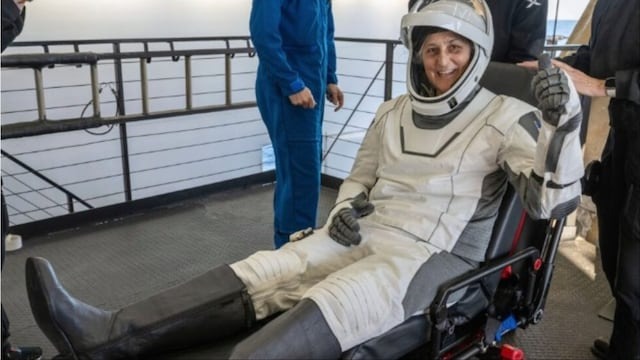
New Delhi. In an important decision regarding the will, the Supreme Court has said that a will cannot be considered valid only if it is registered. There should also be evidence of the validity of the will and its execution. The Supreme Court said that to prove the validity and execution of the will, it is mandatory to certify it as per the provisions of Section 63 of the Indian Succession Act and Section 68 of the Indian Evidence Act. Section-63 is related to the execution of the will while Section-68 is related to the execution of the document. The court said that under Section-68, the examination of at least one witness is necessary to prove the execution of the will.
The Supreme Court has given this important decision while settling the case of Leela and others vs Muruganantham and others. In this decision, the Supreme Court has made it clear that just its registration is not enough to prove the will to be valid. There must be at least one reliable witness to prove it valid. The testimony of witnesses is important to prove the execution of the will.
This was the case
The case was related to the division of property by Balasubramaniya Thanthiriar (testator). The testator had divided his entire property into four parts through a will. Three parts were given to the first wife and her children. The main reason for the dispute was the validity of the will. The lower court and the High Court had rejected the appellants' claim on the property on the basis of the will and considered the will doubtful. After this the case reached the Supreme Court. The Supreme Court also held that the evidence was insufficient to prove the validity and authenticity of the will. The court said that the appellants failed to prove that the testator had executed the will only after understanding what was written in the will.
The court considered the will doubtful.
The Supreme Court termed the will doubtful and said that on one hand it has been stated in the will that the testator is fully conscious and is making the will in full senses, while on the other hand it has been written in the will itself that he is suffering from heart disease and is undergoing treatment from many doctors. The respondent woman accepted that her husband executed the will, but he had no hand in its preparation. The witness claimed that the notary public read out the will to the testator, but he could not produce any proof of this. Similarly, the witness was also not an acquaintance of the testator.

 Desk
Desk Share
Share
_939839210.jpg)





